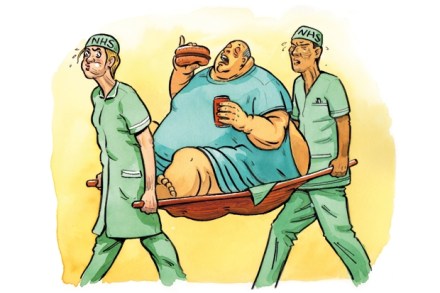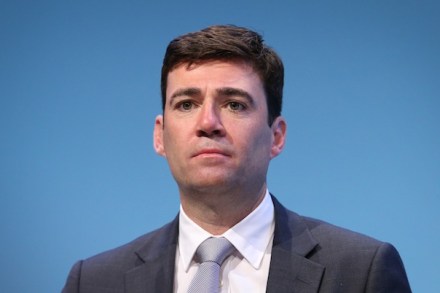The next bitter battle over the NHS is looming
It’s been a while since we had a nice big fat NHS row, but those who enjoy watching Andy Burnham and Jeremy Hunt fight over the ‘party of the NHS’ crown can rest assured that there’s a really bitter one coming up this autumn. NHS England has spent the past few months consulting on a change to the way clinical commissioning groups are funded that could end the current arrangement where more money per capita is spent on patients in deprived areas. The formula currently being considered would make the number of elderly people in an area a more important factor in the size of the grant that each CCG


















